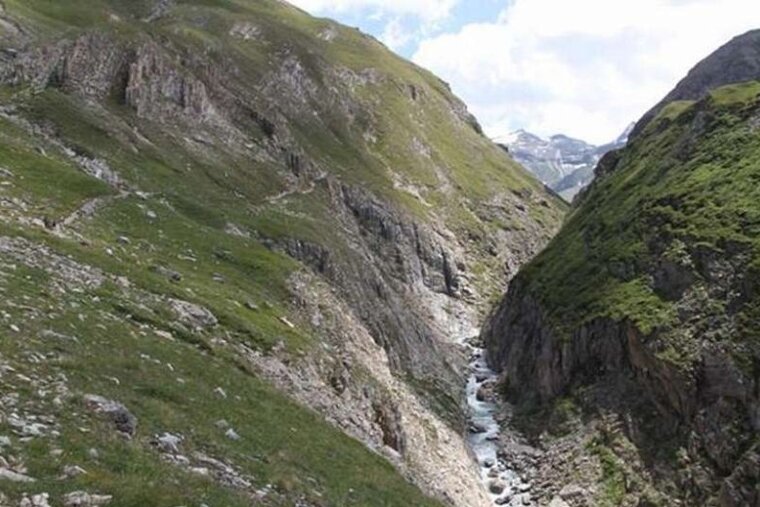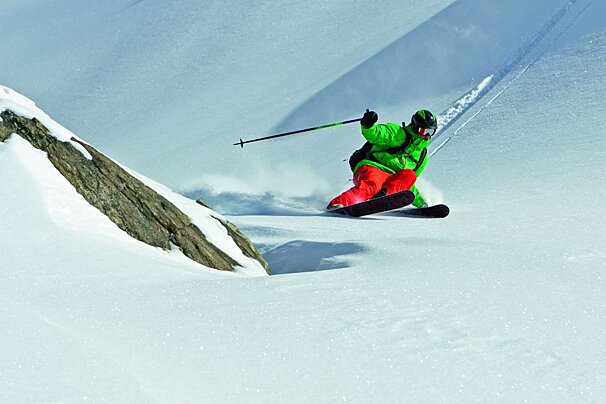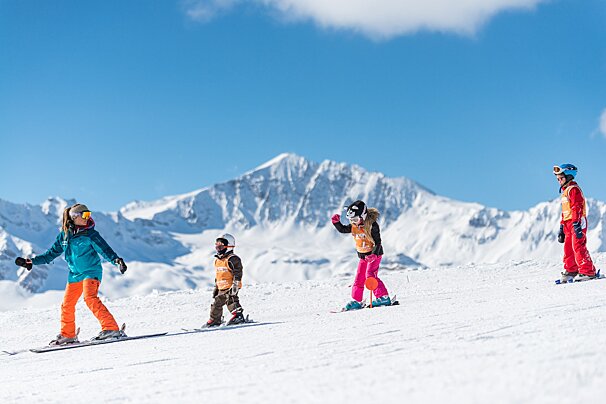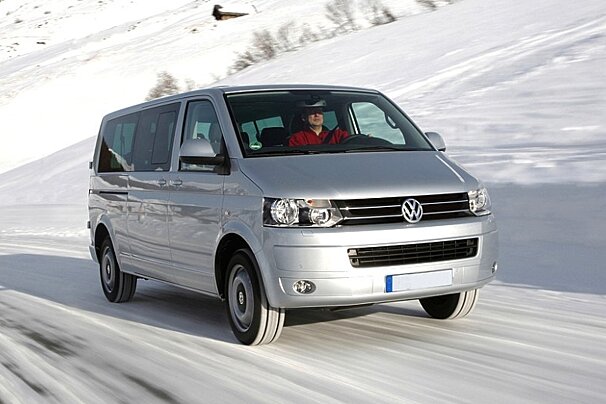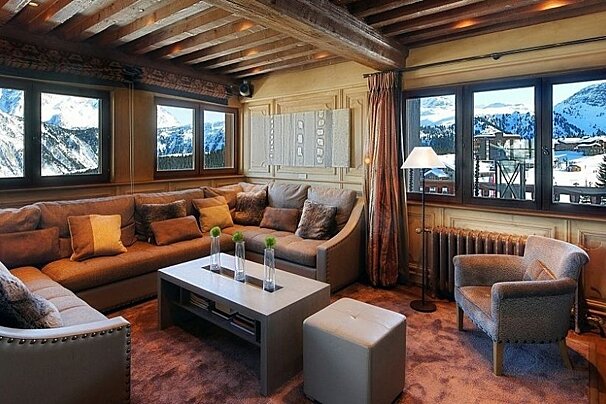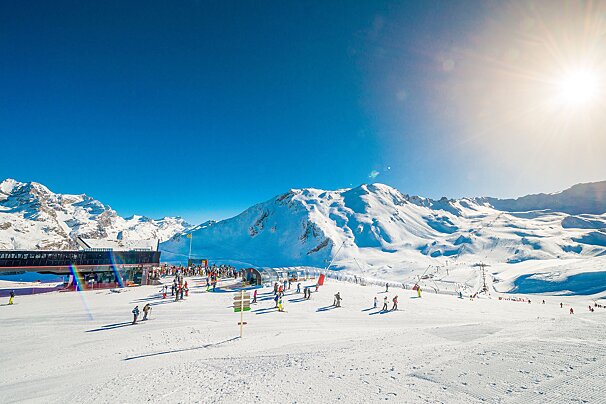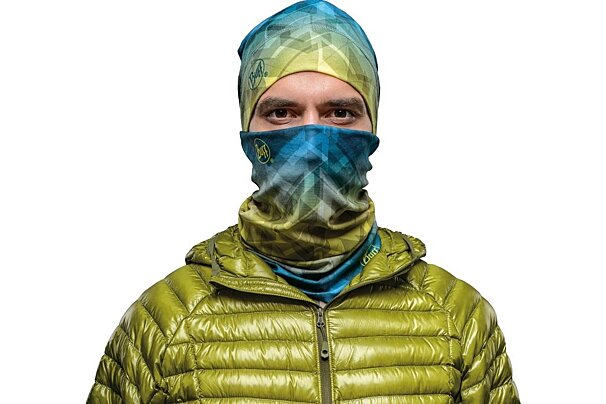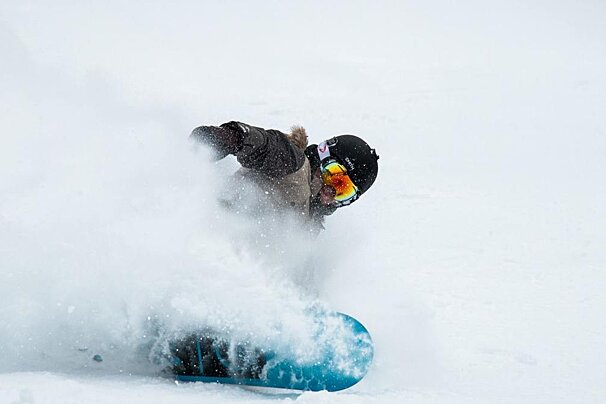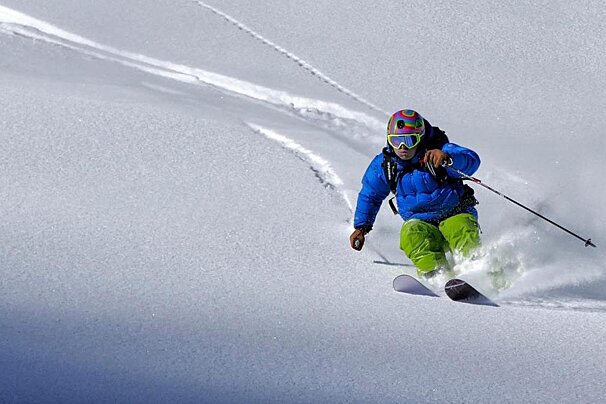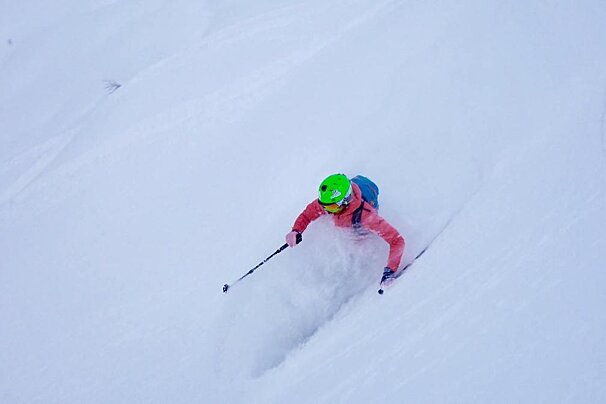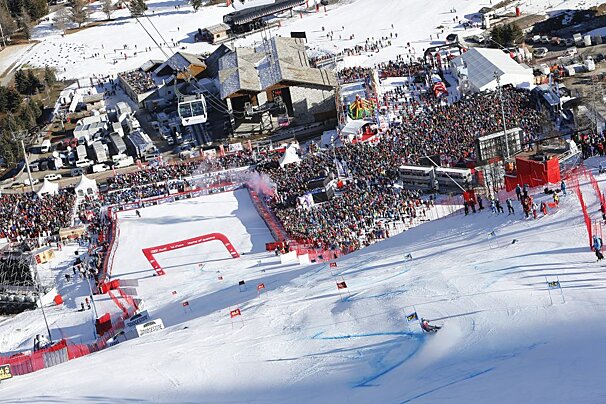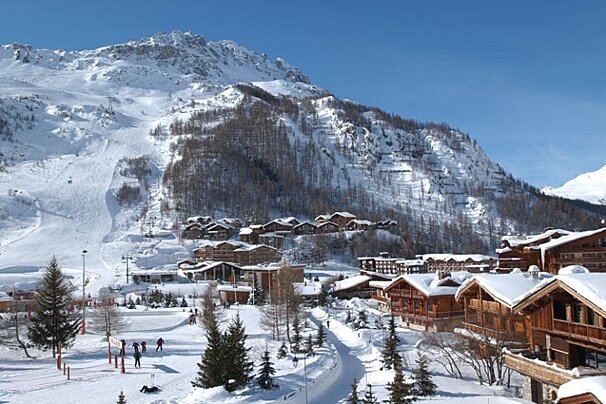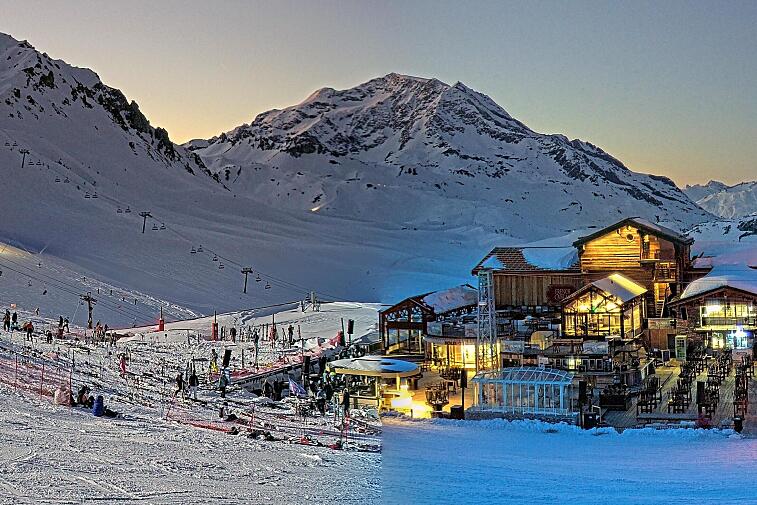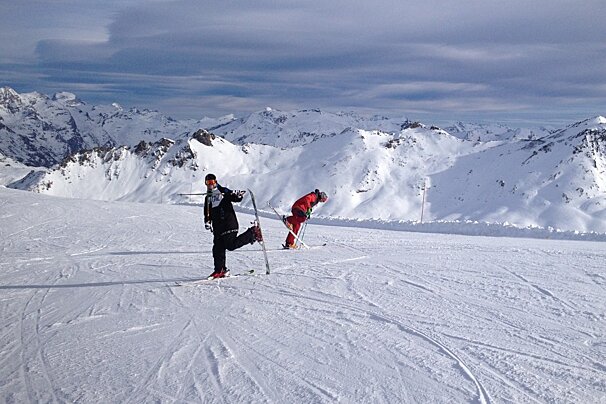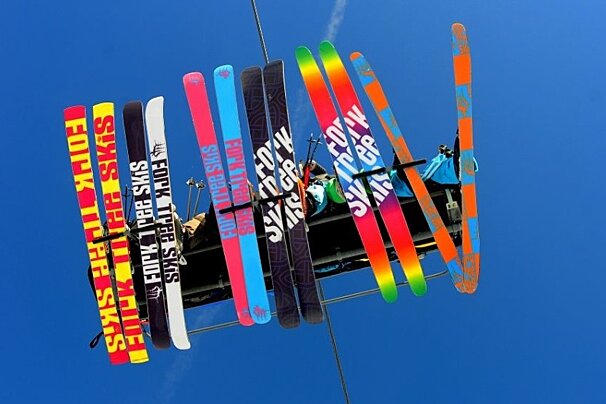
Hiking in Val d'Isere
Discover the top Val d'Isere walking areas
If you're coming to Val d'Isère for the summer, the mountains really are very special at this time of year and the chances are you will want to pop on your walking boots and go for a hike, walk or ramble around the mountains.
With plenty of walking routes to choose from you can explore the beautiful mountain scenery and views and the summer lift passes will give you access to the higher mountain hikes with excellent panoramic valley views.
Walking and hiking
In the summer months Val d'Isere is a mecca for walking and hiking in the beautiful Alpine mountains. As the snow melts and the sun begins to shine the mountains make an excellent place to head out on a hike or walk. Walking is the perfect activity for groups, families and friends. Pick from a number of routes ranging in difficulty, from easy child friendly walks to challenging day long hikes. Along the way enjoy the fantastic mountain views, beautiful scenery and wildlife that is normally hidden in the winter months. Check out our walking and hiking guide for more details on hiking in the Alps.
Glacier walking
For a truly unique experience, clamp on your crampons and go hiking on one of the Espace Killy’s Grand Motte or Pissaillas glaciers. The breathtaking views and spectacular crevasses make this an incredible adventure. There are a number of glacial hikes, of varying difficulty, in this region of the Alps. Most mountain guiding companies will run organised excursions to the most accessible. To read more about glaciers and the environment please go to our Glacier Meltdown article.
Winter walking
Val d'Isere is a winter walker's paradise, with lifts giving access to the higher ground and a network of groomed trails in the winter, it's very easy to discover the resort on foot. Don’t forget to check the weather forecast before you set out as conditions can change rapidly in the mountains.
You do not need any particular equipment, just a pair of sturdy boots and layers of warm clothing that you can take off or put on as necessary. A pair of walking poles will come in handy for extra balance on icy patches and for checking snow depth before you go striding forth. Top Tip: Buy grippers for your walking boots to prevent slipping which you can buy from most local sports shops.
When heading off on a hike or walk it is always best to get as much information about the route as possible, head to the tourist office in town and check the weather forecast to make sure you are being as safe as possible.
For all the useful emergency services numbers head to our emergency services page and save the numbers before embarking on your walk or hike in Val d'Isere.
Jump to
Walking trails and routes

There are gentle walking trails for those of you who would like an easy stroll or have children in tow, and then there are the longer more strenuous hiking routes for the active walker. If you're thinking of heading out higher into the Alps or tackling something a little more challenging then it is always advisable to chat to the mountain guides in town who will be able to give you more advice or even take you on a trail.
We have compiled a list of hiking routes, ranging from very gentle village walks to walks where you can enjoy the more challenging mountain hiking trails. The paths are normally very well signposted and well maintained so you can set off on a number of trails feeling safe.
National parks routes
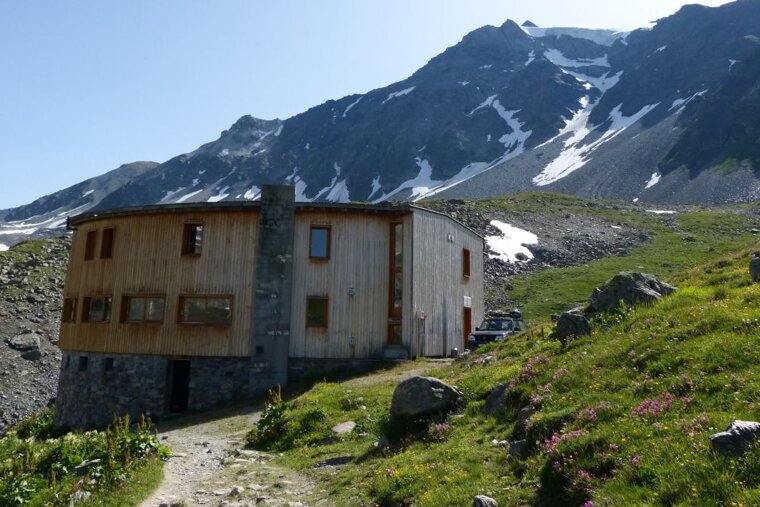
The Vanoise National Park
Located in the Savoie department of France in the Rhone Alps region it stretches across much of the Tarentaise and Maurienne valleys all the way to the Italian border, where it joins up with the Gran Paradiso National Park.
The park consists of two zones; one central and one peripheral. The central zone is highly protected and maintains its impressive population of flora and fauna by imposing strict regulations on all park users. The peripheral zone contains 28 villages, in which the culture and lifestyle of the region is preserved.
Hiring equipment

There are a number of sports shops in Val d'Isere stocking all the equipment and accessories you might need.
Refuges and huts
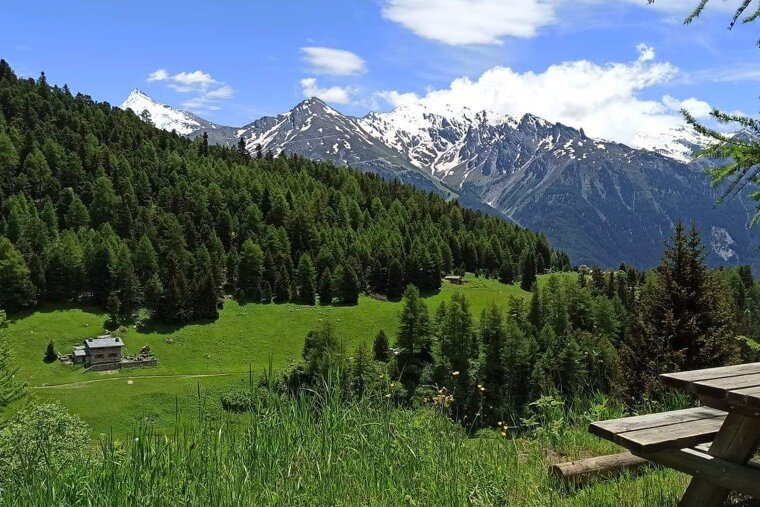
There are a few mountain huts or refuges in the area, should you wish to extend your day trip into an overnight one.
Safety advice
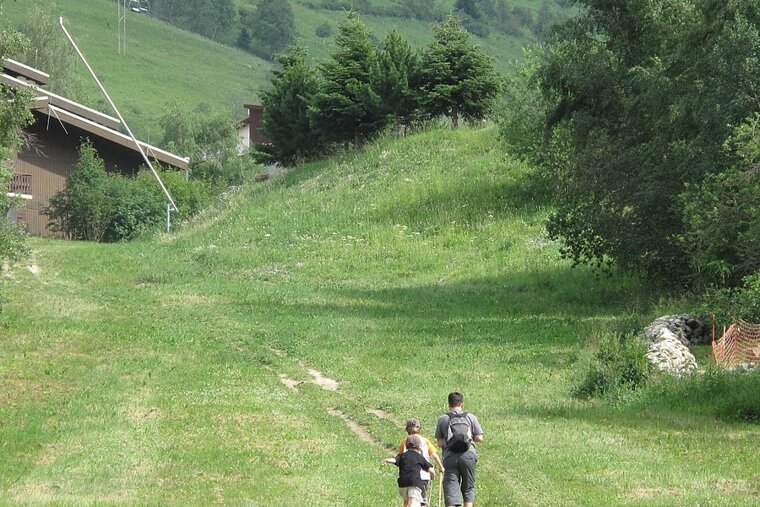
Although the footpaths are very well maintained and signposted, you should always exercise caution when venturing into the mountains, particularly at the beginning of the summer season when there may still be snow covering some parts of the footpaths, which must therefore be crossed with caution. Frozen avalanche debris can remain in the gullies until well into the summer making it dangerous for an ill-equipped or inexperienced walker to cross.
Before you embark on any activities in the mountains you should remember that you are likely to be at a considerably higher altitude with more rugged terrain than you are used to at home. For that reason it is particularly recommended that you:
are as physically fit as possible
- ensure you are fully aware of your limitations and of those accompanying you (children and elderly people)
are appropriately equipped
- choose sturdy footwear with ankle support, warm, water repellent clothing (even if the sun’s been beating down for days), sun cream, sunglasses, map, plenty water, food and snacks, first aid kit
check your itinerary with the tourist office
- even the easiest and best marked trails can present unexpected hazards such as rock slides or snowfall
allow plenty time for your chosen route
- leave an extra margin in case of incident
- let someone know where you are going and when you expect to be back
- nightfall may take you by surprise so it's wise to carry a flashlight or headtorch, don't rely on your phone in case of battery problems
check the weather forecast
- it's always advisable to check the weather forecast before setting off as this can greatly affect your walk or hike
stay on the marked trails
- especially important on steep slopes or precipices
- never take short cuts as doing so causes erosion, channelling the rain water and resulting in deterioration of the trails that are so hard to maintain
respect the environment
- the mountains here are breathtakingly beautiful but the balance of nature is very fragile
- in order to maintain the beauty of the valley; don’t light fires, ensure you take your rubbish with you, leave the flowers for others to admire and avoid making excessive noise that may disturb the wildlife
ensure your dog is kept on a lead where necessary
- look out for signs requesting that you keep your dog on a lead
- some areas are prohibited to dogs altogether, which is done to protect local wildlife
- it is prohibited to let your dog off the lead at all between 15 April and the end of June (it's breeding season for many mountain species and it is important that the animals are left in peace)
look out for Patou dogs protecting herds
- increasingly hikers in the French Alps are coming across herds of cows, sheep or goats that are protected by these large white coated dogs
- raised from puppies with the flock, they are there to protect them from the growing wolf population in France
- if you come across a Patou:
- keep calm, speak softly and yawn*
- do not make eye contact
- wait for it to assess you and let it sniff you if approached
- put something between you and the dog - a backpack, hat, jumper
- do not touch it
- DO NOT RUN… retreat slowly without turning your back on it
- if followed keep walking at an even pace - it should soon get bored and turn back
- educate children on how to act around Patous and their flocks
- keep your dog on a short lead and under control going far around any flocks you encounter, and if in doubt, turn back, but if attacked let your dog go…
*yawning is reportedly a sign of appeasement among dogs?!?


